The New Zealand Free Trade Agreement
The UK has signed a historic new free trade agreement with New Zealand, but does it go far enough to protect consumer choice and UK agri-food producers?
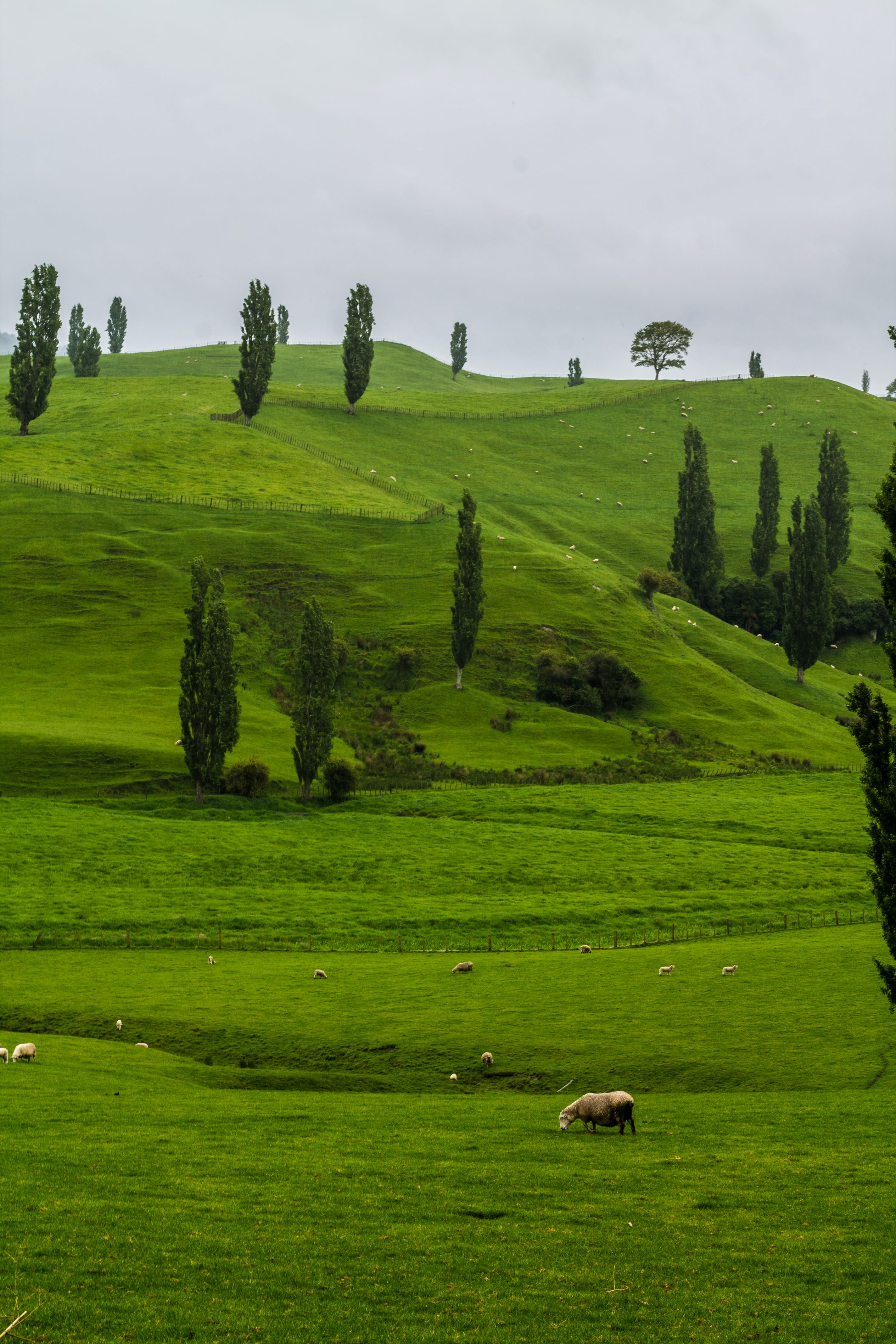
Introduction
In February of this year, the UK Government signed a free trade agreement (FTA) with New Zealand, the second of its kind negotiated from scratch since the vote to leave the EU in 2016.
It is the first trade deal signed by either the UK or New Zealand to have chapters on animal welfare and Māori trade. We agree that the trade deal should be ratified, but call on the Department for International Trade to clarify its priorities for trade going forward.

What are the issues?
The environment
Chapter 22 of the treaty includes substantial commitments to protecting environmental standards, and the Agreement has a strong green climate focus. In line with the Paris Agreement, both the UK and New Zealand have committed to taking steps to eliminate fossil fuel subsidies and to end international aid funding for fossil fuel energy.
The treaty commits to combatting the illegal wildlife trade, preventing and reducing marine pollution, tackling deforestation and reducing air pollution, although it includes few binding commitments. The chapter also acknowledges the special relationship of Māori with the environment in New Zealand and recognises its importance to their economic, social and cultural well-being.

Agri-food and food security
During our inquiry we heard from stakeholders about whether this FTA, and others, might have an impact on food security in the UK. We heard that, while trade with stable countries like New Zealand was ultimately good for food security in the long term, the government should be aware of the risks this might pose to domestic supply.
Some witnesses told us that any disruption to global trade, for example political unrest or climate problems, might leave our UK food supply vulnerable if we become more reliant on imports. Changes in our infrastructure as a result of more imports may make our food distribution less resilient and accessible in times of disruption.

Agri-food producers
Our inquiry revealed that imports from New Zealand may often be cheaper and less carbon intensive than food produced in the UK. Whilst this is a good thing from a consumer point of view, we found that the Government has not properly considered the long-term risks this trade deal might pose to UK producers.
By removing many of the tariffs on New Zealand imports and making them cheaper, without offering without more export opportunities or sufficient safeguards to the domestic suppliers, the Government is potentially putting UK agri-food producers at risk.

Northern Ireland
The Government's assessment of the economic, social, and environmental impacts of the Agreement does not refer to any specific trading arrangements for Northern Ireland. While gathering evidence, we learnt that the models the Government uses to predict the outcomes of its trade deals assumes that all nations of the UK will receive the same benefits.
This modelling doesn’t take into consideration the Northern Ireland Protocol. While we have acknowledged the difficulty of modelling given the dynamic nature of the Protocol, we found it inadequate the Government has signed a trade deal without a thorough understanding of how it will impact Northern Ireland.

Implementing the Agreement
We heard that the Government’s implementation of the Agreement will be crucial to its success. This includes making the most of the regulatory dialogues that the Government has committed to, and making sure that they can help to break down barriers to trade between the UK and New Zealand.
Supporting businesses so that they are better able to take advantage of the Agreement and to compete with those in New Zealand was also raised as a key issue.

Who we heard from
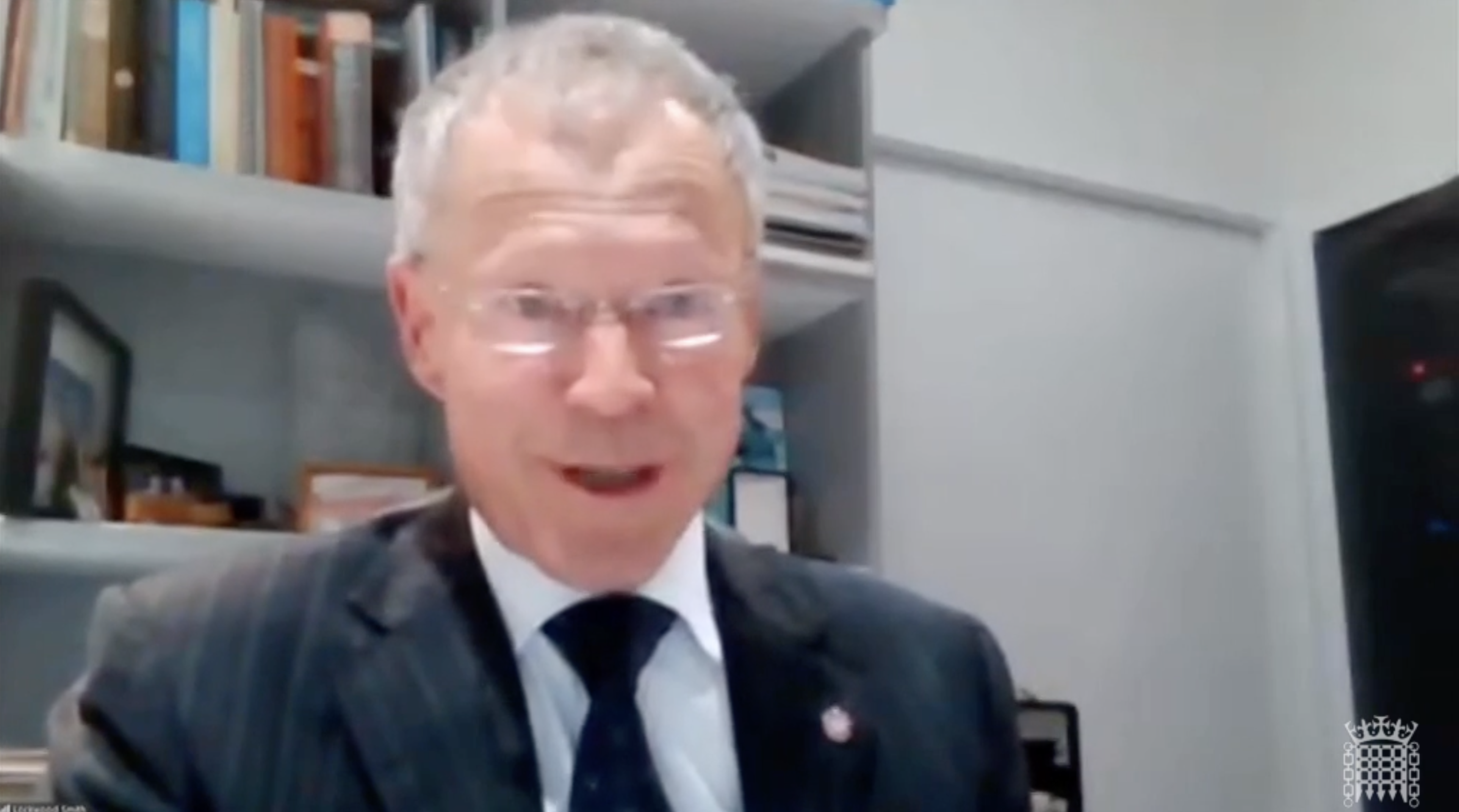
“It is probably the most advanced environment chapter in any trade agreement that I am aware of; it really does take things a whole step further. The way it deals with climate change is a real first in a trade agreement. I see it as progress towards a better and better outcome in a trade agreement.”
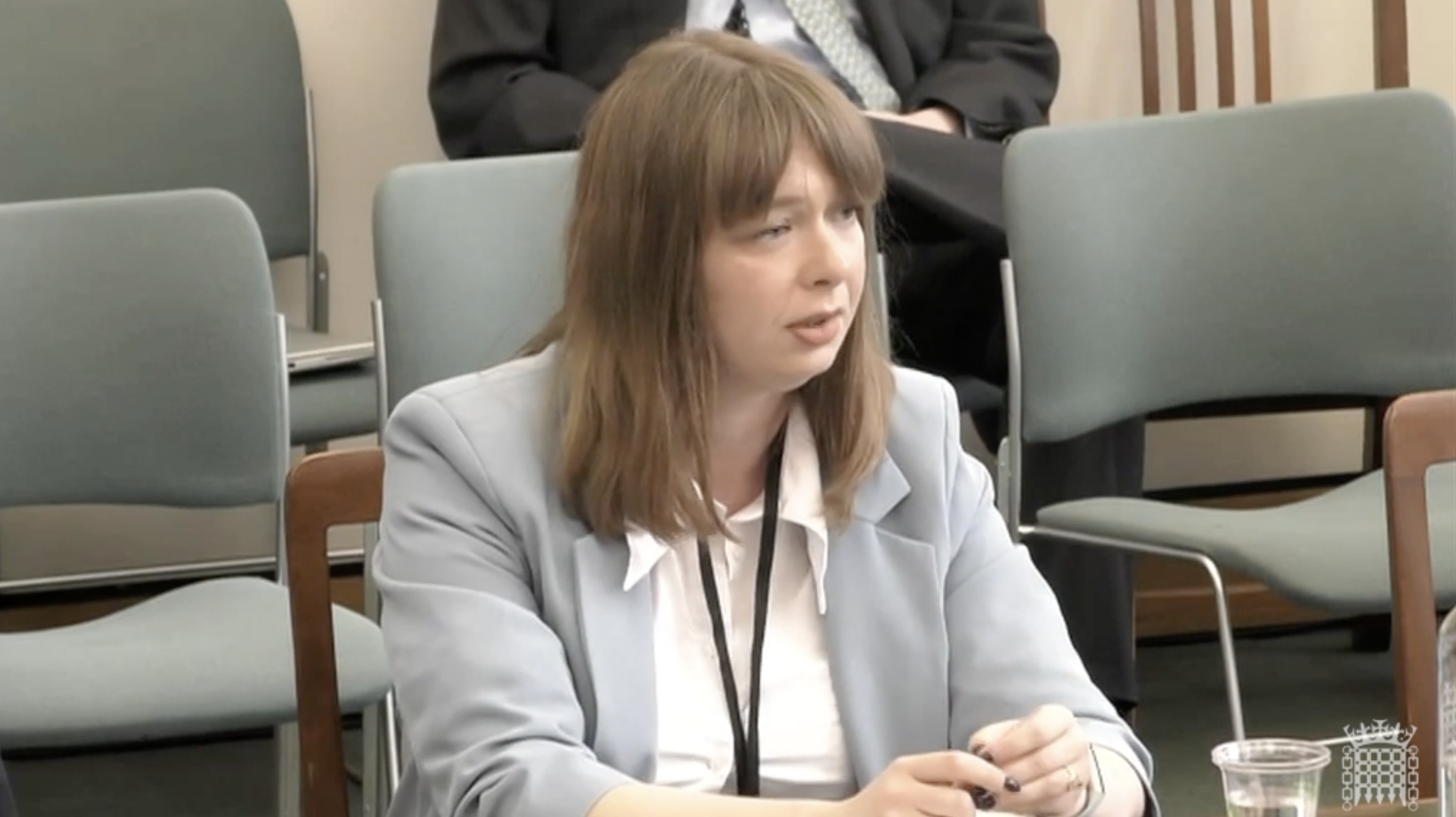
“Small businesses face slightly different barriers to access, so we want to work with Government to ensure that the way the deal is implemented actually makes sense and works to supply the information and support that small businesses need.”
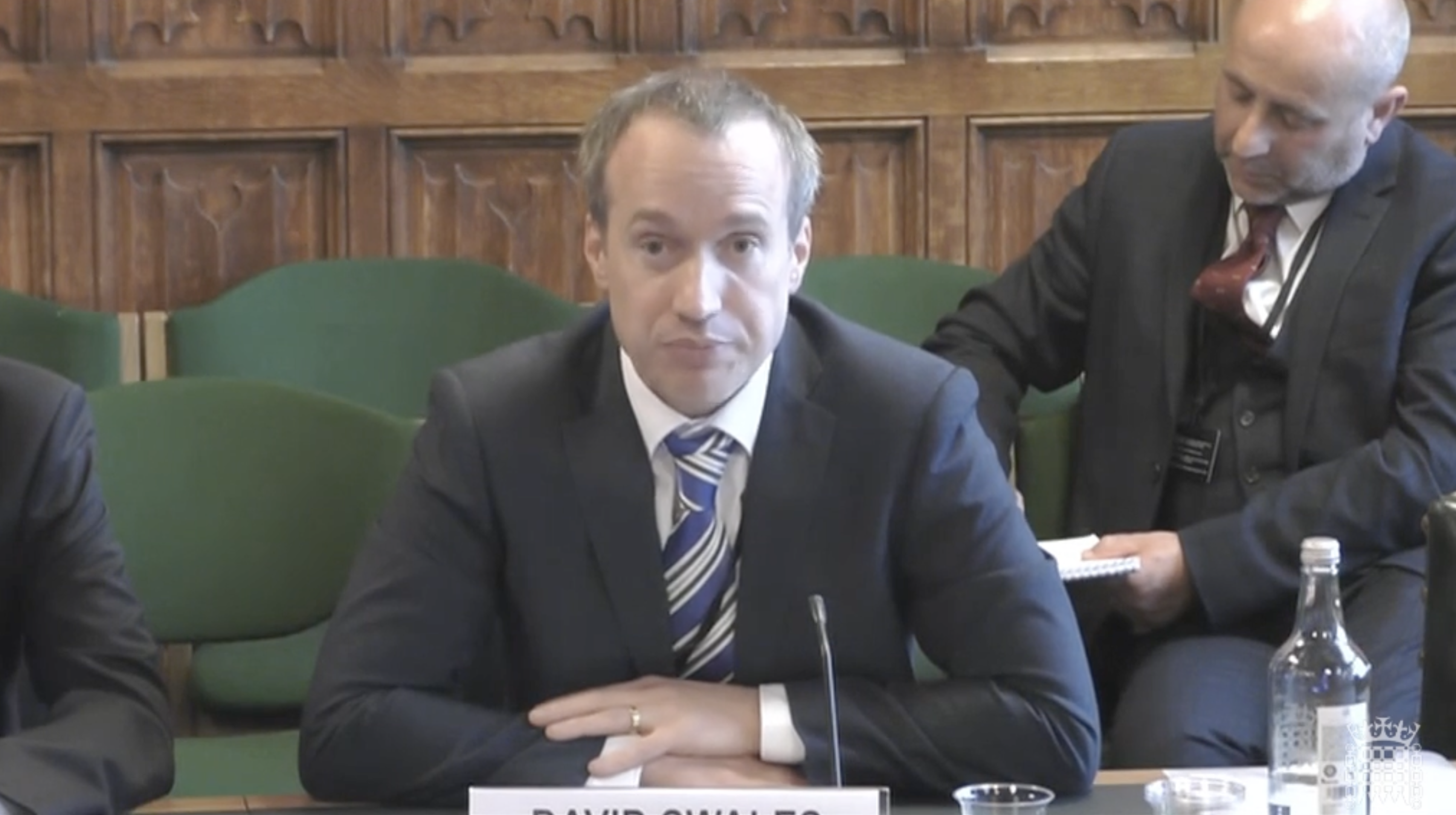
“It is good for our overall food security to have access to trade with those countries. What we need to do is be sure that we are careful not to damage our own domestic production when we do that.”

“I feel at the moment that there is really an absence of a vision and a strategy for where the UK wants to go in terms of our trade policies, our food security and our environmental policies and objectives as well.”

“There was more than just an economic opportunity from the free trade agreement that was expected. It was actually to recognise that historical relationship between Māori and the Crown.”
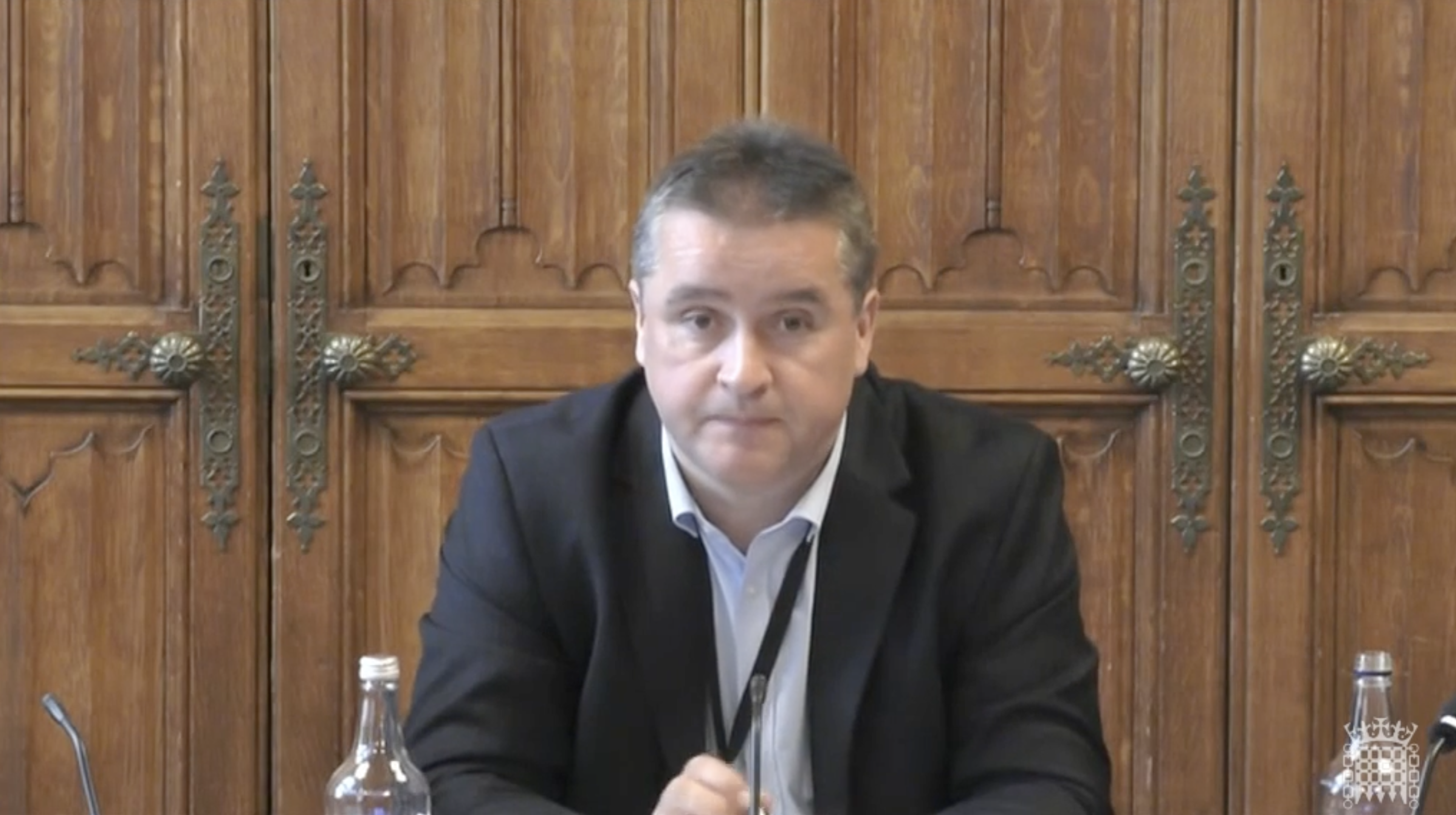
“We are running the risk of locking our beef, sheep-meat and dairy producers into a contest they never sought without support or protection, with competitors able to place them at a serious disadvantage, and at a time of immense challenge for consumers and businesses.”
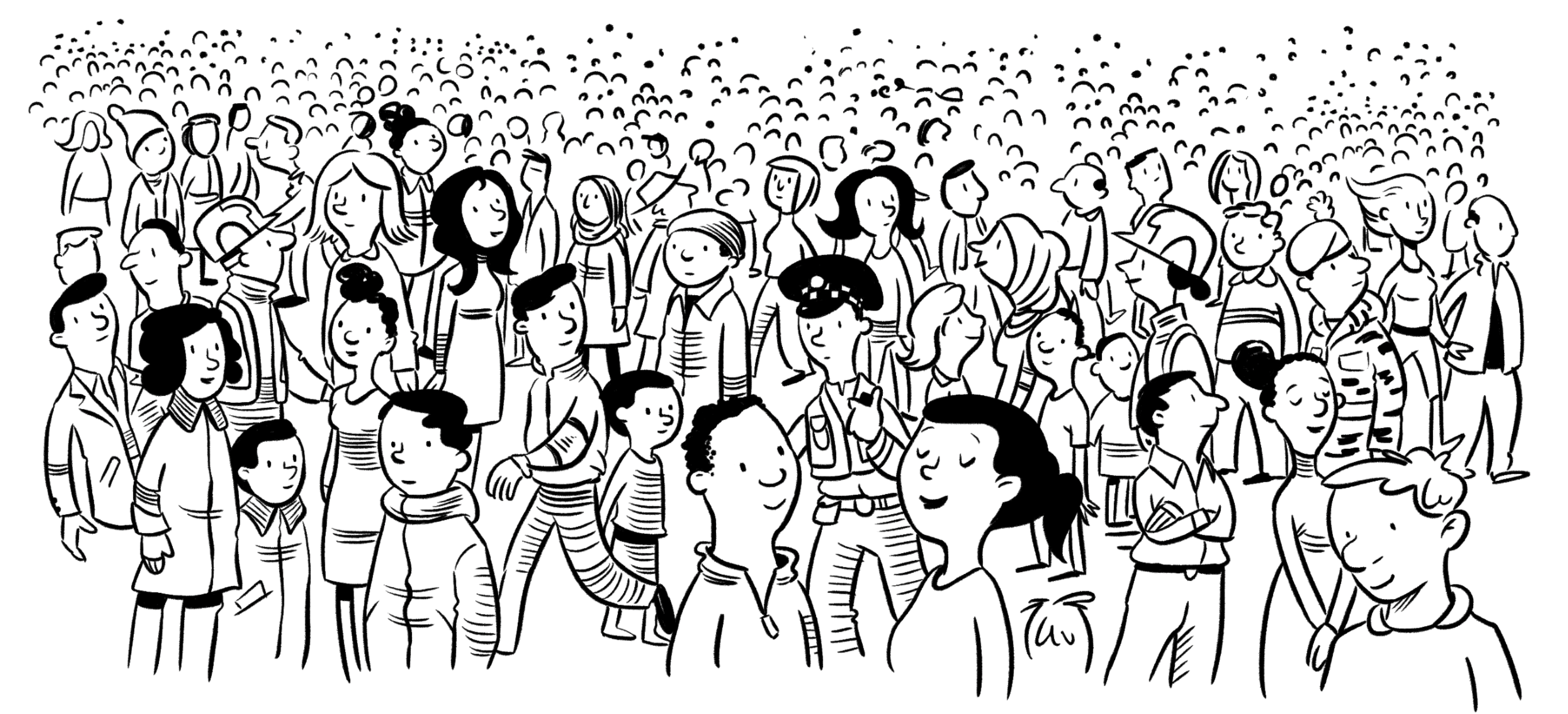
Key Recommendations
1. We remain concerned about the absence of a single, clear trade strategy published by the Government. We are also concerned that the Government's approach to negotiating new agreements is reactive and hasty, and that it is not joined-up across each department. We ask the Government to reconsider its approach and publish a trade strategy which clearly sets out its vision for trade and explains how the Government will achieve it
2.The low cost of New Zealand imports, following the removal of tariffs, may threaten the businesses of domestic agri-food producers. We urge the government to consider the long-term risks to UK food security and domestic producers of food. The Government must explain why it has chosen to liberalise tariffs on agri-food so quickly, as the Agreement appears to offer few new opportunities for UK producers.
3.While the low cost of imports may be a benefit to consumers, our inquiry found that it may leave supply chains vulnerable to international unrest. We’re calling on the Government to adequately consider the longer-term food security risks that this Agreement may present to UK consumers.
4.The Committee does not find it acceptable the Government has signed a trade deal without a thorough understanding of how it will affect the Northern Ireland Protocol. We’re calling on the Government to clarify how people in Northern Ireland will benefit from this NZ-UK trade deal.
What happens now?
Our report, UK trade negotiations: Agreement with New Zealand, was published on 24 October 22.
We have called on the Government to grant a debate and vote on the deal within the ratification period.
Detailed information from our inquiry can be found on our website.
The Government now has until Friday 6th January 2023 to respond to our report.
If you’re interested in our work, you can find out more on the House of Commons International Trade Committee website. You can also follow our work on Twitter.
The International Trade Committee is responsible for scrutinising the spending, administration and policy of the Department for International Trade, and other associated public bodies.
